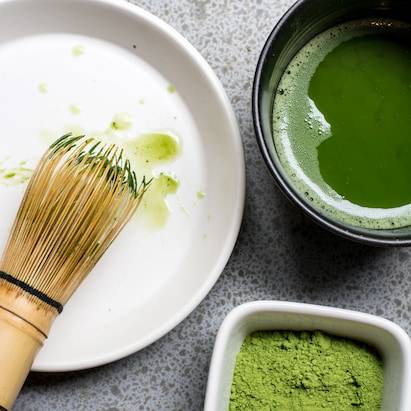

Japanese cuisine is famous for its unique blend of flavors and origins. Us Muslims can often times struggle when trying to indulge in foreign cuisines because sometimes we are unable to find Halal foods.
It can be a real struggle, especially for Muslims craving a specific dish but may fail to try it because they cannot find a Halal version. Maybe you want to cook Japanese food at home but still struggle to find Halal Mirin or soy sauce.
Or, for our converted Muslim brothers and sisters, it can again be a struggle because the food they would once enjoy with friends and family may no longer be appropriate. It is why we at Halaltrip take finding Halal alternatives rather seriously.
Fortunately, today the world is advancing in all realms, and more alternatives to food are in production internationally. Now, the struggling days gone. - You can get some of your favorite Japanese ingredients effortlessly and recreate famous dishes on your own.
We have listed some of the best Japanese ingredients you can use in your kitchen with the assurance of them being Halal.

Image Credit: Marina Grynykha on Unsplash
Japanese cuisines will never be the same if you do not include rice. You may be wondering, why use them, and how are they any different from the regular rice we use on a day-to-day basis?
Well, for starters, Japanese rice is much shorter than regular rice. It is because of their short-grain qualities. They are also a bit more sticky when fully cooked. Plus, using Japanese rice makes for the perfect authentic Japanese side dish.
You can use Japanese rice on its own or as the perfect rice for at-home sushi. - They’re 100% Halal.
Another staple in Japanese Cuisine is miso paste. Miso paste is a mixture of fermented soybeans, seaweed, salt, and other ingredients.
Miso paste is used in a range of Japanese dishes and will become an essential ingredient when making Japanese-style foods.
You can buy store-made miso paste, but if you’re feeling extra, you can make it at home. Miso paste is Halal and can be purchased from inside Japan as well.

Image Credit: Alice Pasqual on Unsplash
If you like coffee, you’ll love matcha. Most of us know matcha as the antioxidant king in teas and other Japanese drinks. Unlike green tea, matcha powder is rich with double the antioxidants. - Plus, it contains caffeine, making it the perfect alternative to coffee.
Today, matcha has gained popularity worldwide. The powder is known as a natural tea and is Halal. You can buy packs of matcha powder and enjoy different lattes, teas, and drinks.

Image Credit: Paulo Doi on Unsplash
Japanese people use all kinds of rich flavoring to add taste to their foods. Dashi is a stock-like ingredient that quickly adds a burst of flavor to any dish.
You can buy dashi stock at any Japanese convenience store for a quick Japanese-style dish.
Although there are some Halal ingredients in Japanese Cuisine, sometimes you will have to do with alternatives. Keep reading to find some Halal options of famous components of Japanese cuisine.
Typically, mirin is used widely in enhancing the flavors of the dish. But mirin contains alcohol, and Muslims have to avoid it. However, with an increase in Muslim demand, they have started to make Halal mirin that Muslims and people avoiding alcohol can enjoy.
You can get the Halal kind anywhere as it is widely available in stores and online.

Image Credit: jirayu koontholjinda on Unsplash
A wide range of Japanese dishes will almost always include pork as a source of protein, and all Muslims know the struggle of having to substitute pork.
Fortunately, we can find several pork alternates that provide a similar vibe to the dishes. For example, using duck, turkey, and beef are common alternatives for making things like bacon, sausage, and more. You no longer have to miss out on yummy recipes only because they include pork!